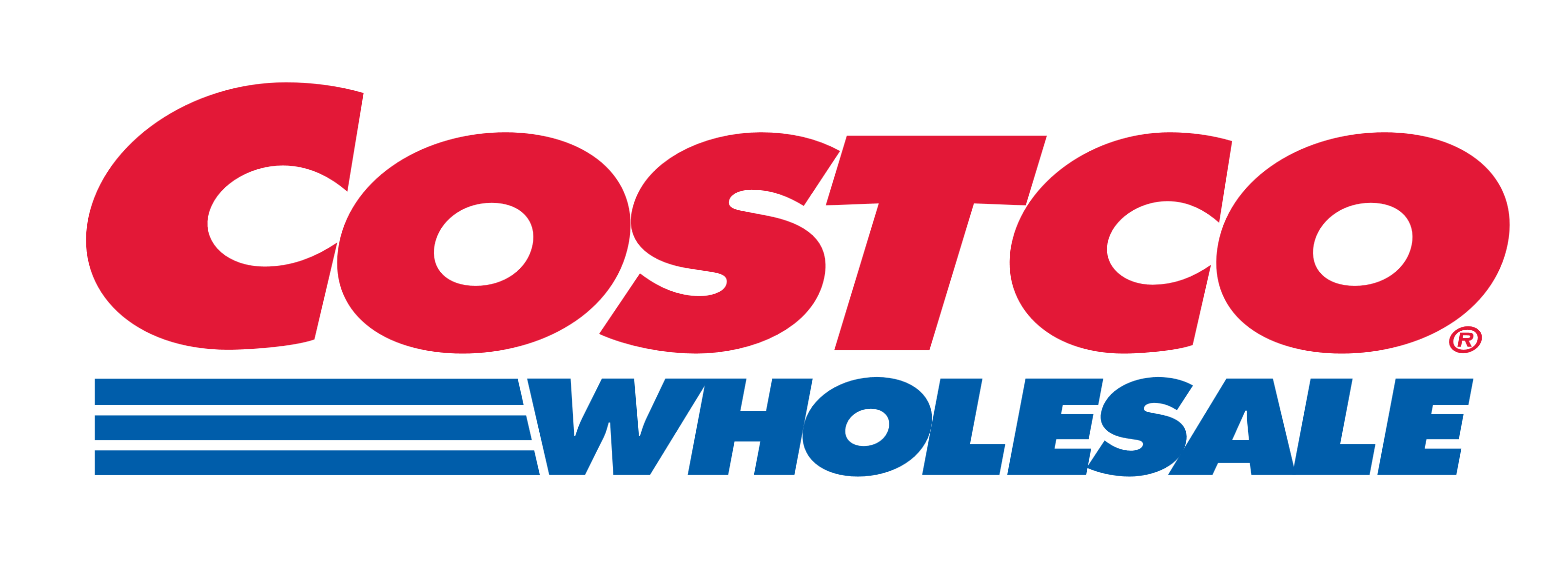Ask it to come up with evolutions too. I tried and this was my favorite:
Breezling (basic) • Evolution: Gustoon • Final Evolution: Cyclown
Ask it to come up with evolutions too. I tried and this was my favorite:
Breezling (basic) • Evolution: Gustoon • Final Evolution: Cyclown


It’s always a good idea to shop around when it comes to car insurance. Every company has their own formula.
Probably someone else’s insurance went down from $750 to $450.


Do they?
When Republicans are in power they never actually cut spending.


Doesn’t that also mean that ONE malicious person can get traffic off their local street or hurt a competitor’s business?
Just like moderating Lemmy, effectively policing user-generated content is a huge challenge.


I don’t think we know that yet, and I think the discovery will be interesting.
How many reports were there? Were they credible? What other sources of truth did Google consult in deciding to ignore those reports?
Google gets lots of reports and needs to filter out spam, and especially malicious reports like trying to mark a competitor’s business as closed, or trying to get less traffic in your neighborhood for selfish reasons. It wouldn’t be reasonable for Google to accept every user suggestion either.
So if Google reached out to the town and the town said the bridge is fine, then it’s not Google’s fault. If they ignored multiple credible complaints because the area was too rural to care about, that might be negligent.
Sure they do. Look at all of the posts from my neighbors on Facebook and Nextdoor every time a developer tries to build an apartment building instead of a single family home in our neighborhood.
Violent crime is lower today than the 90’s.
Wasn’t she an unknown, while they were all famous stars, though?
The same happens today.
“The cast of Moana earned a total of $56 million. Auli’i Cravalho, who voiced the title character, made $200,000. Dwayne Johnson, who voiced Maui, earned $21 million. Temuera Morrison, who voiced Moana’s father, earned $2 million.”
I’m not excusing any of the ways they abused Garland. But it made her a star and she earned far more in future roles, just like Cravalho now commands a much higher salary.


Zoom is one of the big ones, though, relatively.
They pay big tech salaries. So anyone leaving a job at Zoom would definitely be competing against those 150k who we’re laid off this year.


Man, when things get tough, you need someone you can really count on to do the right thing.
Someone who won’t let you down.
A Rock.
Did this one have a longer story arc or was that it?


The plan to deprecate Chrome V2 extensions has been constantly postponed again and again for years now. There is NO SCHEDULED DATE for this to happen currently, and when it is announced it will be more than 6 months out.
Source: https://groups.google.com/a/chromium.org/g/chromium-extensions/c/zQ77HkGmK9E/m/HjaaCIG-BQAJ?pli=1
If Google really wanted to kill ad blockers, they would have done this years ago.
They don’t. They want to force ad blockers and other similar extensions to use more efficient APIs that don’t slow down the web. Extension developers overall (not just ad blockers) aren’t happy with the changes, so they’re still working on the APIs.
First of all, since the very early days Android has always allowed apps to make use of native code using the “NDK”, and in fact most games and most apps that do any sort of AI, image processing, or anything else complex like that make heavy use of native code already, for performance reasons.
Keep in mind that the decision to base Android apps around Java was made back in 2003 when Android was founded. Some of the reasons they picked Java were:
Now 20 years later I think it’s worked out pretty well. It’s hard to imagine picking a different language would have worked out better. Java is still just as popular as ever, and Android developers can take advantage of all of the Java tools from any other platform or application.
Apple’s original option for iOS apps was just Objective-C, which is higher-performance, but overall it’s a more obscure, difficult to use language. Developers adopted it despite Obj-C, not because of it. Apple had to invent Swift to provide a more modern alternative, because Obj-C is basically not used anywhere else and it felt very ancient. While Swift is a pretty great language, it’s still somewhat obscure, only used for iOS and Mac apps - while Java and JVM languages are used everywhere.
Anyway, let’s say that Android really did want to switch, for some reason. I’m not sure why you think switching to compiled code would be less complex. How would all of the millions of existing Android apps migrate? What native languages would be supported? It’d be a huge transition for dubious benefits.
As it is, Android is extremely flexible. While the official APIs require a JVM language, because of the NDK you can basically write Android apps in whatever language you want. People have built frameworks enabling you to build Android apps in nearly every language under the sun.
Can you elaborate on what happened when you tried to search? I’ve never had trouble.